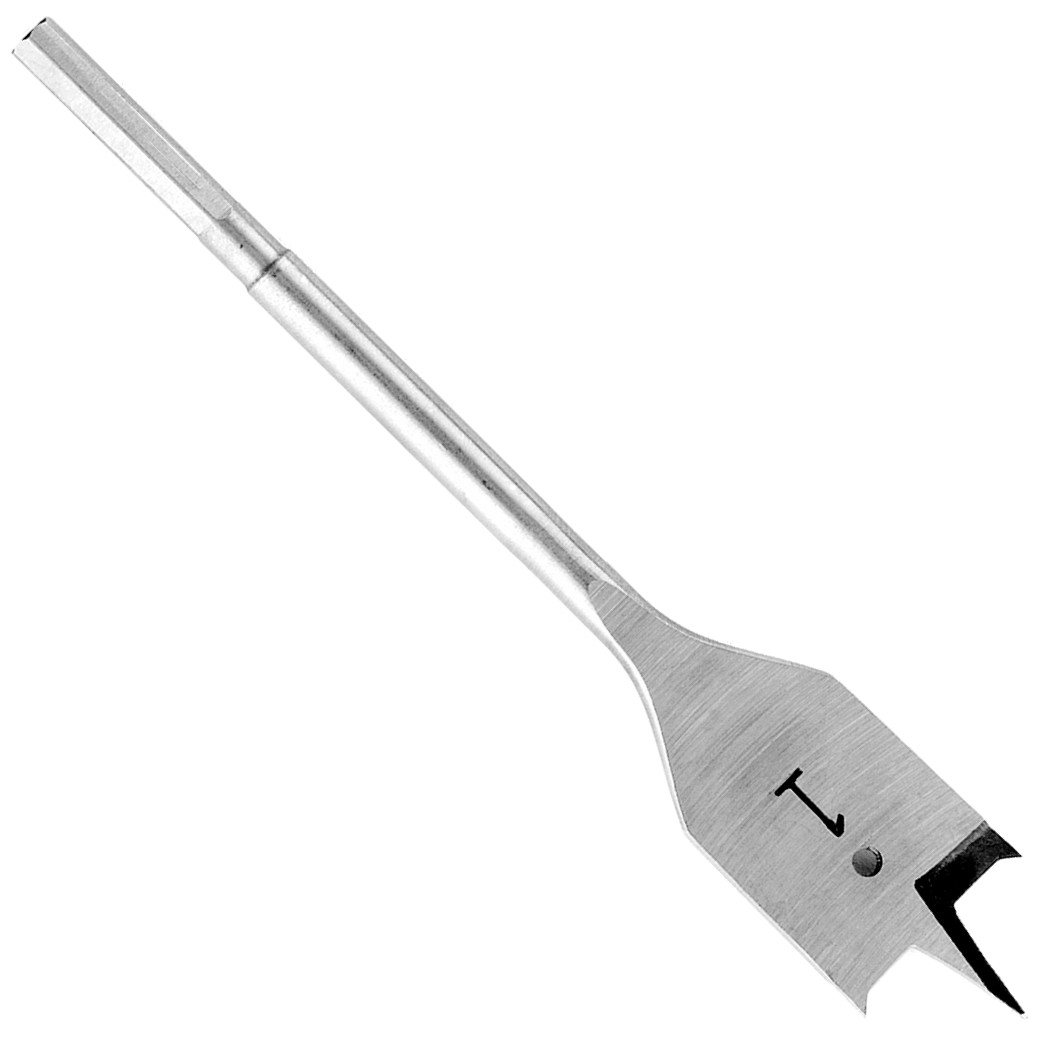
mtn
MegaDork
2/18/19 10:58 a.m.
In the process of cleaning up our TV and stereo area, I've been moving things around and drilling holes in walls to hide wires. Without getting into the details of why, I'm basically left with two options if I want to keep all the wires completely out of site:
- Put a surge protector (with all the wires plugged into it) in a box, likely an ammo box from Harbor Freight or similar, or
- Plugging two surge protectors into a single power strip (NOT surge protector)
Are either of these options dangerous? I've felt the surge protectors after hours of everything on; neither of them were even warm to the touch, but I'm not sure how I feel about enclosing them entirely. I'm also not sure how or if that would be worse than exposing them to metric tons of dog fur.

Check the wattage ratings of all the devices plugged into the 15 Amp outlet, then total all of those watts and divide by 120. A standard single outlet has a 15a limit.
Chances are you may overload the outlet before overloading the power strips.
But really, if all the devices are of an audio visual nature you will unlikely overload the circuit.
No heaters, large lights, or high draw appliances on the same circuit?
Remember its not just the single outlet, there are likely other outlets on the same circuit. And to be thorough you should total all the devices powered by that circuit.
The circuit likely has a 20A breaker = 2400 watts, it would not be wise to load the circuit anywhere near that limit.
There are things you can do to improve the circuit, like using the screw terminals instead of push-in wire connections on the outlets.
But if you see the load regularly over 15 amps on the circuit it would be best to consult an electrician to check the viability of splitting the load onto a lighter loaded circuit.
It is also of consideration that the high load does not occurr at the end of a daisy chain of outlets.
A good surge protector contains electronics that will likely overheat if you stuff them into an ammo box. Two surge protectors going into a power strip is only a bad idea if it could overload the power strip and melt wires. Check what the power strip is rated for and perhaps measure the power each surge protector is drawing (with everything attached to the surge protector on and in use) with a kill-a-watt meter.
As long as the box is easily and quickly available to be opened up and checked, I do not see an issue. Of course I have to ask the question, are you burying said box in the wall? You do need to be able to get the reset button if it all goes down.
I personally am a big fan of rack mounted surge protectors/line conditioners. With proper cable routing, they can look quite clean and tidy
It's not worth showing the formula.. so use this to determine your amperage draw. You really do not want to get that close to 15amps as start up draw is always higher than steady pull once something is up and running. you want to leave some overhead.
watts to amps

Ian F
MegaDork
2/18/19 12:57 p.m.
How do you plan to run wires in/out of the ammo box?

Mike
SuperDork
2/18/19 1:31 p.m.
There are purpose-built boxes for housing power strips.
https://www.amazon.com/dp/B06XXGWW55/
What wires are we talking about? If you're hiding power cords or extension cords in the wall, that's not a good idea.

mtn
MegaDork
2/18/19 6:35 p.m.
stuart in mn said:
What wires are we talking about? If you're hiding power cords or extension cords in the wall, that's not a good idea.
Nothing would be hidden in the wall. I'd have speaker wires and HDMI going through the wall (literally straight through the wall) into a closet. The power wires may go into a box, if I deem it safe enough. If not, I'll figure something else out.
No extension cords, unless you count the 12 foot cord on my Trip Lite surge protector an extension cord.
I would just do clean runs to your box with excess neatly coiled and ziptied into place.






























